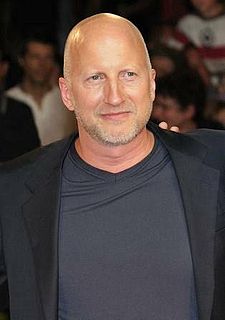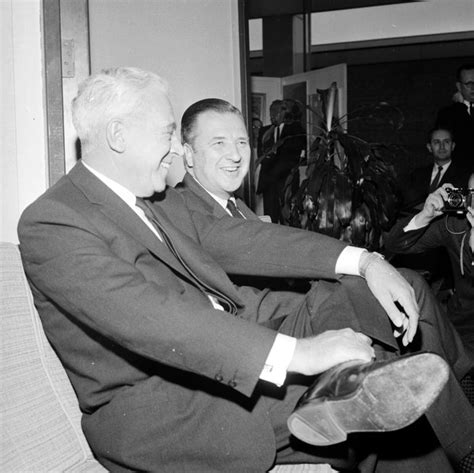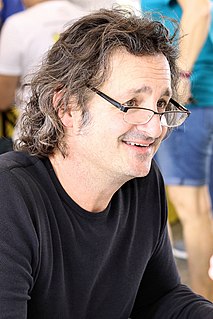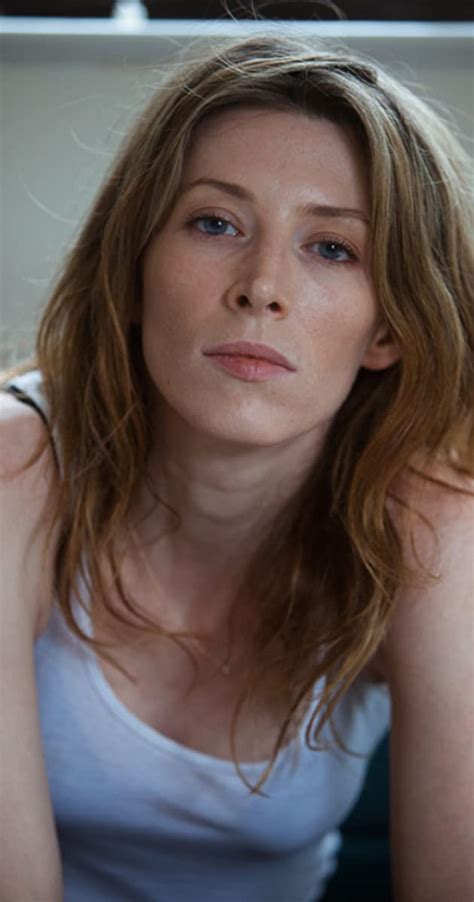A Quote by John Hillcoat
I've learned a lot about getting film sensibilities on digital.
Quote Topics
Related Quotes
The whole switch from film to digital has changed some of the ways I use color and the juxtaposition of light and dark. It's getting better with digital, the separation's gotten better, but I still feel like it's really flatter than film, so I do a lot of screening and subtle textural printing and painting on clothes for film to get it not to look flat.
If you need to strap a camera to you or get in a small space, then it makes sense to use digital.I do think it is possible to use a digital camera artistically, but it can only be good if you are using film technique. Film has grain, and digital has pixels, and there is not that much of a difference, but digital does not replace the need to create a scene and light it properly and spend time considering the shot.
Using film was so much easier than the digital technology of today. But digital is still at the beginning of what it can be and they'll be fixing all those problems. It's just too complicated - negatives, tinting, flashing - it's a whole new system that takes a lot of time. Of course, it's not as physical. Even the editing. You used to feed a piece of celluloid into an editor. [Digital] is not expensive and that is an advantage, but I must say that I don't love it.
Various studios are still shooting on film with digital grain and the DI negatives, it's not ideal. We should really be all film or all digital. But that being said, the old way of graining in the camera, now you can make changes like a painter. It's dangerous because you can ruin the film, you can over-fiddle. We've all seen films and gone 'what the hell is that?'
Everyone in the Lotus Eaters is so concerned with appearances, but there's an emptiness under the surface that they're trying to ignore. We talked about the theme of perception versus reality a lot with mirrors and masks what people were wearing - and we shot on two formats; we shot it on film and on digital, and a lot of the night-time scenes are film, and it looks better, and people can put on a mask and they can go out there and show an artifice to the world.
The film studios learned to our dismay but to their pleasure that if they spent $200 million making a film they could make half a billion on it. So they were not interested anymore in quality films... They can't afford to be that risky at those prices. Consequently you're getting a lot of remakes, sequels, dopey comedies full of toilet jokes...



































